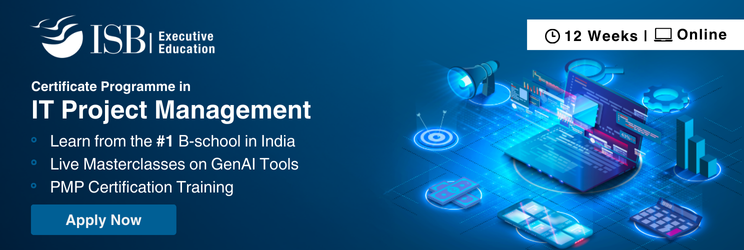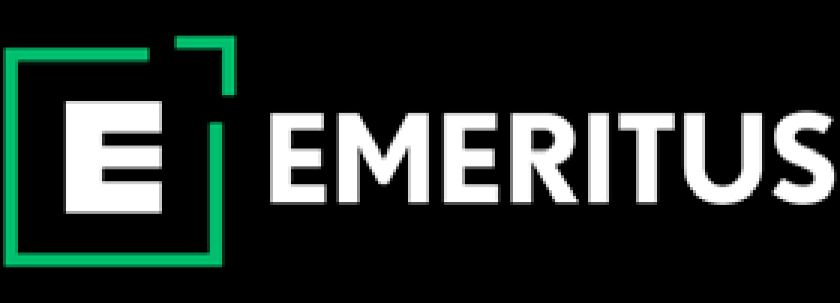The 6 Types Of Information Systems And Their Applications

An Introduction to Information Systems
Information system refers to various information technology systems like computers, software, database, communication systems, the internet, devices, and others used by an organization to collect, transfer, organize, and store data. Bursting with changes, the current business milieu has helped companies implement a varied set of advanced technologies into different processes. These IT applications have introduced automation, efficiency, and timeliness in various business activities.
The introduction of information systems into the business has evoked a chain reaction among different interrelated processes that have only benefited the companies by increasing profits and reducing costs and lead time, among other things. Therefore, it is imperative to understand the growing importance of information systems in companies.
What Is Information Systems And its Importance?
An information system is a group of data sets that ensures that business operates smoothly, embracing change, and helping companies achieve their goal. The dictionary defines an information system as a computer system or set of components for collecting, creating, storing, processing and distributing information. The information system is incomplete without the support of information technology (IT) systems.
An information system is not primarily associated with technology or IT system. Instead, it is related to how technology is used to fulfil the needs of- individuals, groups or organizations. In the digital era that we are in, the importance of information systems is increasing because it standardizes the process of passing, collecting, storing, and accessing information or data for individuals or businesses.
There are different types of information systems that help individuals and companies to use the information to their benefit. In the succeeding part of the article, we will discuss various types of information systems in detail.
Best Information TechnologyCourses
Six Types Of Information Systems And Their Application
Although many information systems offer various benefits, typically, businesses use these five applications in their company. Whichever information system you plan to implement in your business, here are the benefits it will offer:
- It will induce innovation in business activities through its research and development.
- It will enable automation, reducing steps undertaken to complete a task.
- It helps keep the hardware, software, data storage, and networking system safe and up to date.
Now that you know the changes information systems can bring about in an organization, let’s look at the application that yields the power to change the business process- types of information systems.
What Are The Types Of Information Systems?
1. Knowledge Work System
There are different knowledge management systems that an organization implements to ensure a continuous flow of new and updated knowledge into the company and its processes. A knowledge work system (KWS) is one of the knowledge management systems that ease the integration of new information or knowledge into the business process.
Furthermore, KWS also offers support and resources to various knowledge creation techniques, artificial intelligence applications, and group collaboration systems for knowledge sharing, among others. It also uses graphics, visuals, etc., to disseminate new information. Below are some of the applications that work on the core fundamentals of KWS.
- Designers often use computer-aided design systems (CAD) to automate their design process.
- Financial workstations are used to analyze huge amounts of financial data with the help of new technologies.
- Virtual reality systems are found in the scientific, education, and business fields for using graphics and different systems to present data.
2. Management Information System
The management information system provides aid to managers by automating different processes that were initially done manually. Business activities like business performance tracking and analysis, making business decisions, making a business plan, and defining workflow. It also provides feedback to the managers by analyzing the roles and responsibilities.
A management information system is considered a significant application that helps managers immensely. Here are some of the advantages of the information system:
- It enhances the efficiency and productivity of the company
- It provides a clear picture of the organization’s performance
- It adds value to the existing products, introduces innovation and improves product development
- It assists in communication and planning for business processes
- It helps the organization provide a competitive advantage
3. Decision Support System
A decision support system is an information system that analyses business data and other information related to the enterprise to offer automation in decision-making or problem-solving. A manager uses it in times of adversities arising during the operation of the business. Generally, the decision support system is used to collect information regarding revenue, sales figures or inventory. It is used across different industries, and the decision support system is a popular information system.
4. Office Automation System
An office automation system is an information system that automates different administrative processes like documenting, recording data, and office transactions, among others. The office automation system is divided into managerial and clerical activities. Here are some of the business activities that are done under this type of information system:
- Voice mail
- Word processing
5. Transaction Processing System
The transaction processing system automates the transaction collection, modification, and retrieval process. The peculiar characteristic of this type of information system is that it increases the performance, reliability, and consistency of business transactions. It helps businesses perform daily operations smoothly without hassle.
Once you are well-versed in different types of information systems, understanding their application becomes easy. Therefore, in the last part of the article, we will look into applying information systems.
6. Executive Support System
An Executive Support System or ESS helps top-level executives to plan and control workflow and make business decisions. It is very similar to Management Information System or MIS.
Here are some of the unique characteristics of ESS:
- It provides great telecommunication, better computing capabilities, and effective display options to executives.
- It enables them to access information through static reports, graphs, and textual information on demand.
- It helps monitor performances, track competitors’ strategies, and forecast future trends, among others.
How To Apply Information Systems in Business?
Here are some of the business activities that require the intervention of an information system.
1. Enterprise resource planning (ERP)
Applying information systems to enterprise resource planning helps automate business administration and planning functions.
2. Supply chain management (SCM)
Information systems provide a common forum to connect with different parties in supply chain management. Moreover, it makes communication between parties easy and resourceful.
3. Customer relationship management (CRM)
Many information systems, such as CRM, help in realizing customer requirements. Furthermore, other information applications help companies interact with their audience easily and hassle-free.
To understand the use of information technology and its ancillary systems, many business professionals pursue different courses. Emeritus India offers some of the best IT courses in partnership with various Indian and international institutes. So, enroll in our famous IT courses to enhance your career. To use technical knowledge and innovation, explore the Certificate Programme in Digital Transformation and Innovation by IIMI (Indore)









